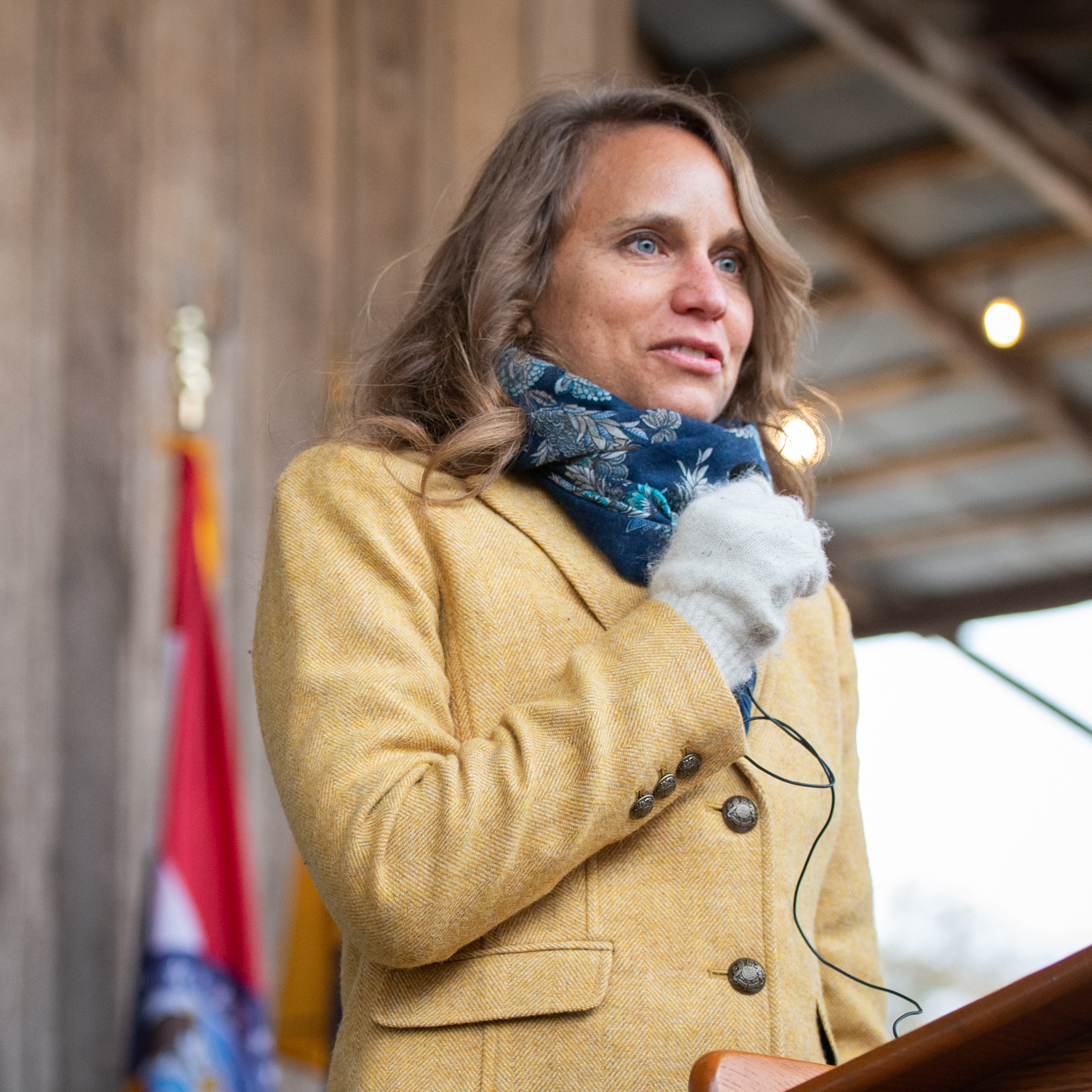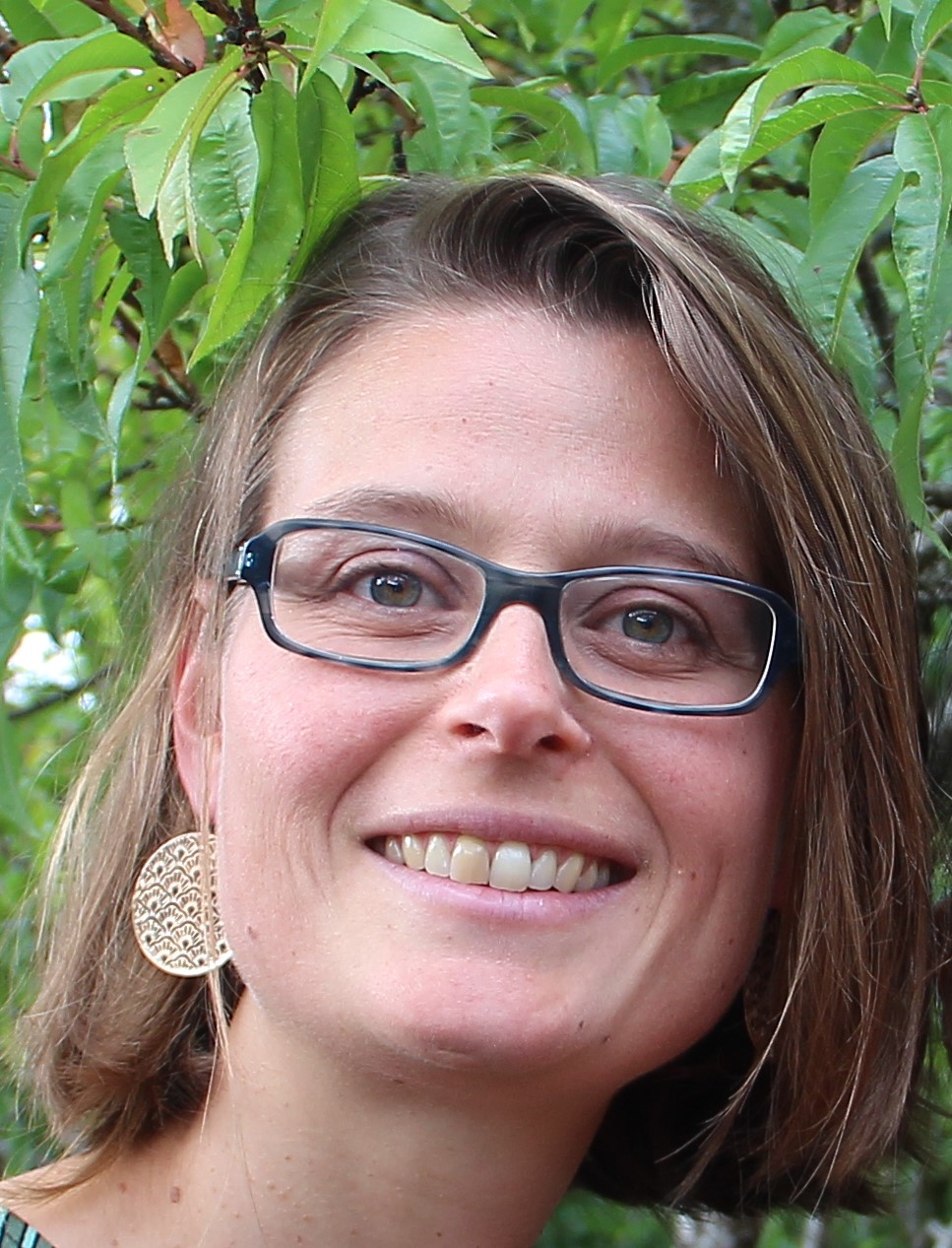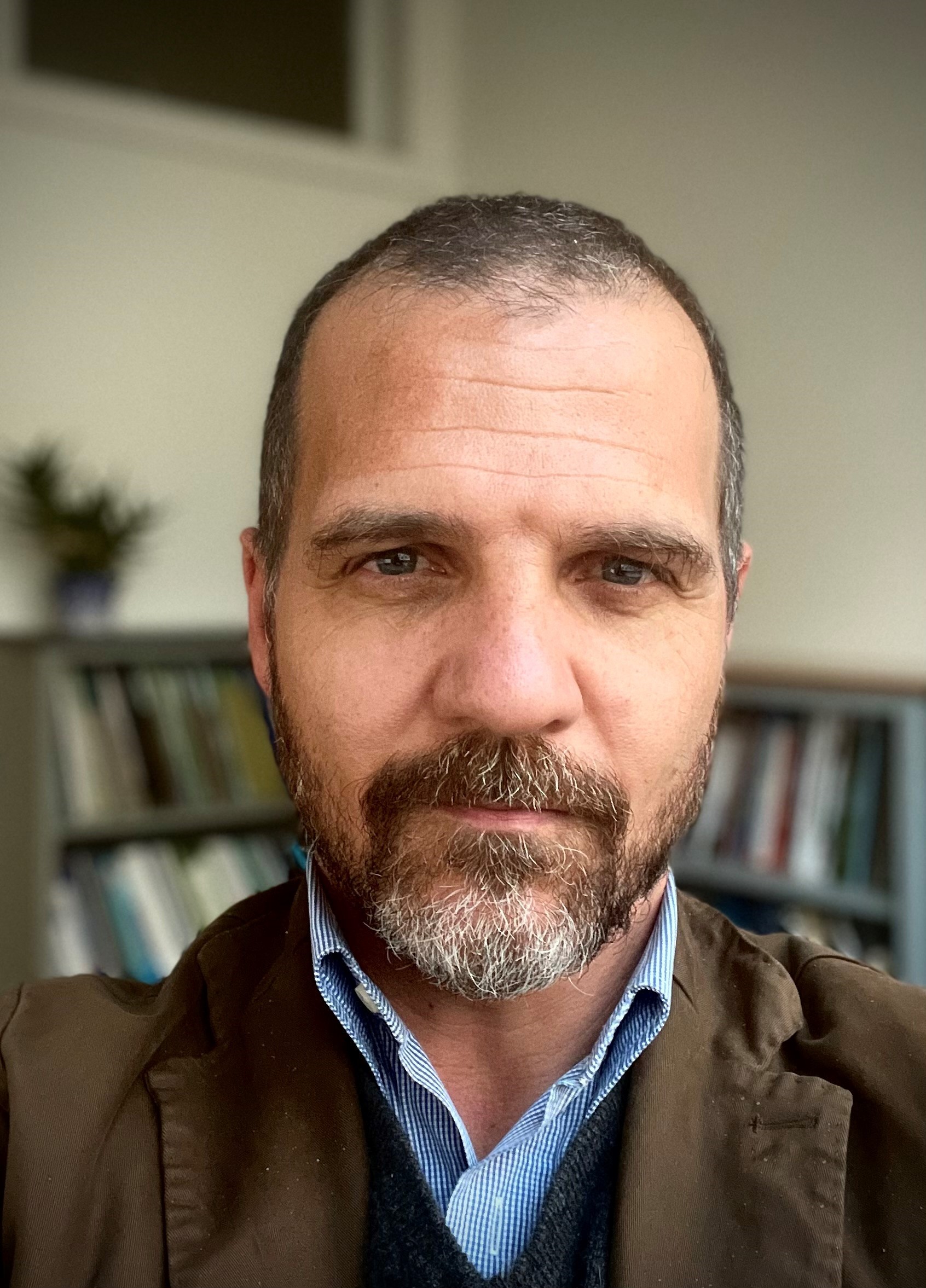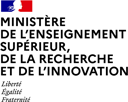URBAN HORTICULTURE FOR SUSTAINABLE FOOD SECURITY (URBANFOOD2022)
IX International Conference on Landscape and Urban Horticulture
III International Symposium on Horticultural Therapies endorsed by the International People Plant Council





Silvio Caputo, United Kingdom ; Esther Veen, The Netherlands ; Martina Artmann, Germany ; Joan Rieradevall Pons, Spain ; Runrid Fox Kaemper, Germany ; Baptiste Grard, France ; Zenebe Gebreegziabher, Ethiopia ; Charles Laubscher, South Africa ; Songül Sever Mutlu, Turkey ; Jianming Cai, China ; Pierre Raulier, Belgium ; Heloisa Soares de Moura Costa, Brazil ; Candice Shoemaker, USA ; Chun-Yen Chang, Taiwan ; Sinae Park, South Korea
In recent years, urban horticulture (UH) has been increasingly deemed as a sustainable practice that addresses various urban challenges. Research and implementation of UH around the globe has demonstrated that it can fulfill multiple functions and produce a range of market- and non-market-goods and services that may have positive impacts on the urban setting in all three sustainability dimensions (social, economic and environmental). One major social advantage lies in improving food security for either individuals or entire communities. Food security (as defined by the FAO) is based on four pillars: availability (quantity and quality), accessibility, utilization, and stability. Building resilience for food security is particularly relevant in times of crisis (such as in the face of the Covid-19 pandemic). The real impact of UH in supporting sustainable food security will depend on the scale on which it can be applied in cities of the future. Theoretical concepts (such as the ecosystem services concept), real-world laboratories and placing food on the urban policy agenda can help to make the multifunctionality of urban horticulture more visible for research, urban planning and policy.
In this symposium, we will have urban food production and food provision in the focus of investigation, discuss the multidimensional benefits and risks of UH, trade-offs or synergies between food supply and other sustainability dimensions (environmental, economic, cultural etc.), as well as drivers and constraints of its implementation. This symposium is open for contributions dealing with different types of UH (large- and small- scale UH including commercial urban horticulture, urban gardening activities and others). It welcomes contributions focusing on intra-urban horticulture, as well as on initiatives within the broader city-region food system (such as peri-urban horticulture in urban agglomerations, community-supported farms in urban peripheries but also metropolitan agriculture involving larger farms at the regional level designed to match urban consumer requirements and make optimal use of urban resources, networks and infrastructures).
Suggested topics include, but are not limited to, objectives related to:
• Implementation of UH: Challenges and innovations in sustainable production (both at level of farming techniques and production systems); challenges and innovations in distribution and supply chains; food access; logistics
• Impacts of UH: Impacts on urban food security; sustainability impacts of UH; ecosystems services provided by UH; UH as a strategy to respond to crisis; potential to foster systemic transitions in cities and beyond
• Integration of UH: Enabling or limiting factors to support urban food systems; UH on the planning agenda; policy-making; training and education; spatial organization of food production within and around cities; challenge of UH up-scaling to foster wider sustainability transition
• Healthy well-being in UH : therapeutic agriculture, therapeutic gardening, health impacts of urban agriculture, improved diets from UH, therapeutic (food) landscape, healing garden...
The symposium welcomes contributions from all around the globe and aims at crossing experiences. This symposium is complementary to 2 other IHC2022 dedicated symposiums about cities’ green infrastructures and vertical farming.
If you need help for your abstract please contact :
kathrin.specht@ils-forschung.de
HOW TO PREPARE ABSTRACTS AND PAPERS SUBMIT YOUR ABSTRACTS







